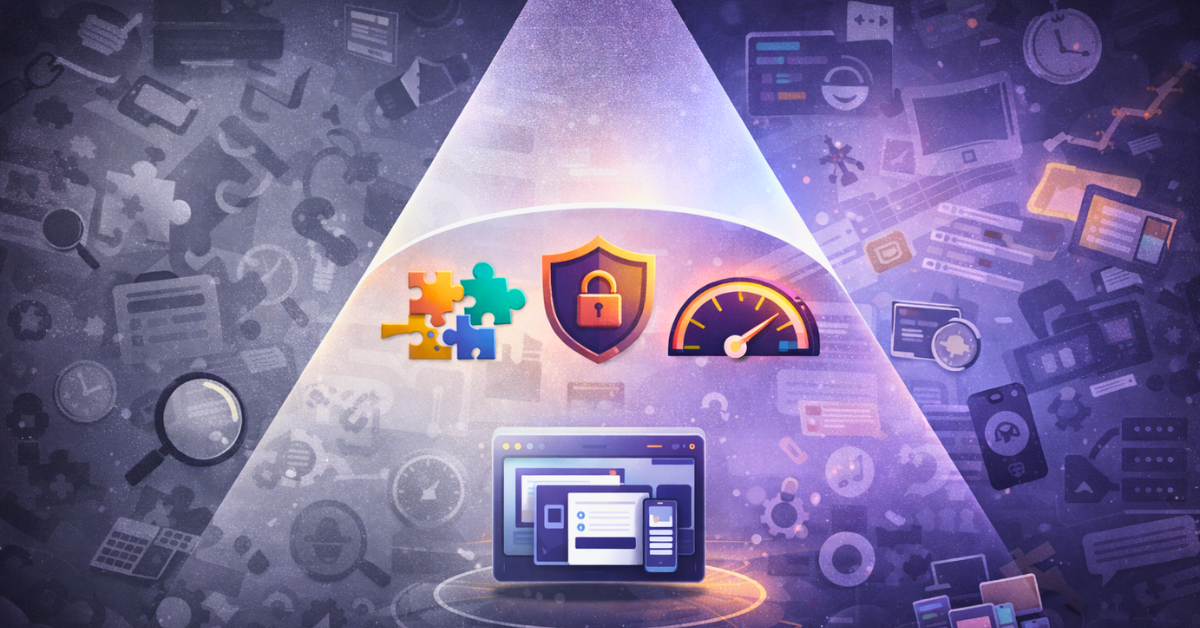
Compatibility Testing
Ensures that your software is compatible with various environments By employing an efficient compatibility testing approach
How do we perform Compatibility Testing
Make the most of TestUnity’s software testing services to provide an impeccable experience to your users
Why Choose Us for Compatibility Testing Services?
- We offer high-end compatibility testing services by leveraging the most advanced tools.
- We have a fully equipped testing lab that helps to conduct a robust testing approach.
- Our in-house experts are masters in the domain of compatibility testing techniques.
- We have acquired in-depth knowledge and rich experience in compatibility testing through our years of excellent service.

Our Case Studies
Questions we get asked regarding Compatibility Testing
-
What is Compatibility Testing?
Compatibility Testing is a type of Software testing to check whether your software is capable of running on different hardware, operating systems, applications, network environments, or Mobile devices.
-
What are the different types of Compatibility Tests?
The different types of Compatibility Tests are as follows:
Hardware: It checks software to be compatible with different hardware configurations.
Operating Systems: It checks your software to be compatible with different Operating Systems like Windows, Unix, Mac OS, etc.
Software: It checks your developed software to be compatible with other software. For example, MS Word application should be compatible with other software like MS Outlook, MS Excel, VBA, etc.
Network: Evaluation of the performance of a system in a network with varying parameters such as Bandwidth, Operating speed, Capacity.
Browser: It checks the compatibility of your website with different browsers like Firefox, Google Chrome, Internet Explorer, etc.
-
What is Backward Compatibility Testing?
Backward Compatibility Testing is a technique to verify the behavior and compatibility of the developed hardware or software with their older versions of the hardware or software. Backward compatibility testing is much predictable as all the changes from the previous versions are known.
-
What is Forward Compatibility Testing?
Forward Compatibility Testing is a process to verify the behavior and compatibility of the developed hardware or software with the newer versions of the hardware or software. Forward compatibility testing is a bit hard to predict as the changes that will be made in the newer versions are not known.
-
What are the tools used for Compatibility Testing?
The tools used for Compatibility Testing are as follows:
BrowserStack – Browser Compatibility Testing: This tool helps a Software engineer to check applications in different browsers.
Virtual Desktops – Operating System Compatibility: This is used to run the applications in multiple operating systems as virtual machines. n Number of systems can be connected and compared the results.
Latest QA Blogs
Test Automation Strategy: How to Plan, Execute & Scale 2026
Automation is no longer a luxury in software testing—it’s a necessity. Teams that fail to automate are simply too slow to compete. Yet, 68% of organizations struggle to scale their automation efforts effectively, wasting thousands on maintenance and flaky tests . The difference between success and failure isn’t the tool you choose—it’s the test automation strategy you […]
What is a Test Strategy? Complete Guide & Template 2026
Imagine launching a software project without a roadmap. Testing becomes chaotic, coverage is inconsistent, and defects slip through the cracks. This is the reality for teams without a clear test strategy. In today’s fast-paced development world, where 56% of organizations now align their testing strategies directly with business objectives, a well-defined test strategy is no longer […]



























































